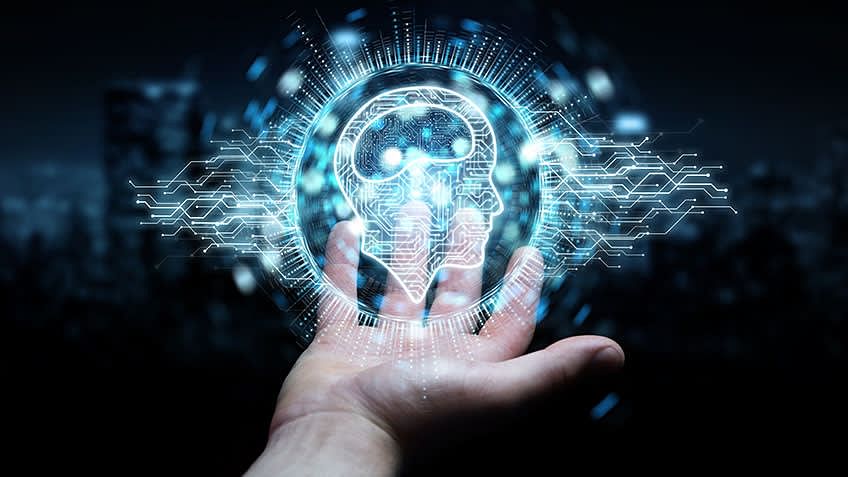The Future of AI How Artificial Intelligence is Changing the World
Artificial Intelligence (AI) is changing the world in ways we never thought possible. From self-driving cars to personalized medicine, AI is transforming industries and reshaping the way we live and work. As AI continues to advance, it is clear that the future of AI is bright, with tremendous potential to drive innovation and change the world for the better.
One of the most significant impacts of AI is its ability to automate mundane and repetitive tasks, freeing up time and resources for more meaningful work. This is particularly important in industries such as manufacturing, logistics, and customer service, where AI can streamline processes and improve efficiency.
In healthcare, AI is transforming the way we approach disease prevention, diagnosis, and treatment. Machine learning algorithms can analyze vast amounts of patient data to identify patterns and predict outcomes, enabling healthcare professionals to provide more personalized care. AI is also revolutionizing drug discovery, with machine learning models being used to design and optimize new drug candidates.
In education, AI is transforming the way we teach and learn. Intelligent tutoring systems can provide personalized instruction and feedback, adapting to each student's individual needs and learning styles. AI-powered tools can also help teachers assess student performance, identify areas for improvement, and develop customized lesson plans.
AI is also changing the way we interact with the world around us. Natural language processing (NLP) and computer vision technologies are enabling machines to understand and respond to human speech and gestures, opening up new possibilities for human-machine interaction. Virtual and augmented reality (VR and AR) technologies are also being enhanced by AI, creating immersive and interactive experiences that blur the line between the digital and physical worlds.
However, as AI continues to evolve, there are also concerns about its impact on the job market and society as a whole. Some fear that AI will replace human workers, leading to widespread unemployment and economic disruption. There are also concerns about the potential misuse of AI, such as the development of autonomous weapons or the use of AI for surveillance and control.
To address these concerns, we must continue to develop AI responsibly and ethically. This includes ensuring that AI is transparent, accountable, and unbiased and that it is developed and deployed in ways that promote human well-being and social good.
In conclusion, the future of AI is bright, with tremendous potential to transform the world for the better. As AI continues to advance, it will undoubtedly bring many challenges and opportunities. However, by working together to develop and deploy AI responsibly, we can ensure that it benefits humanity and helps create a brighter future for us all.





0 Comments